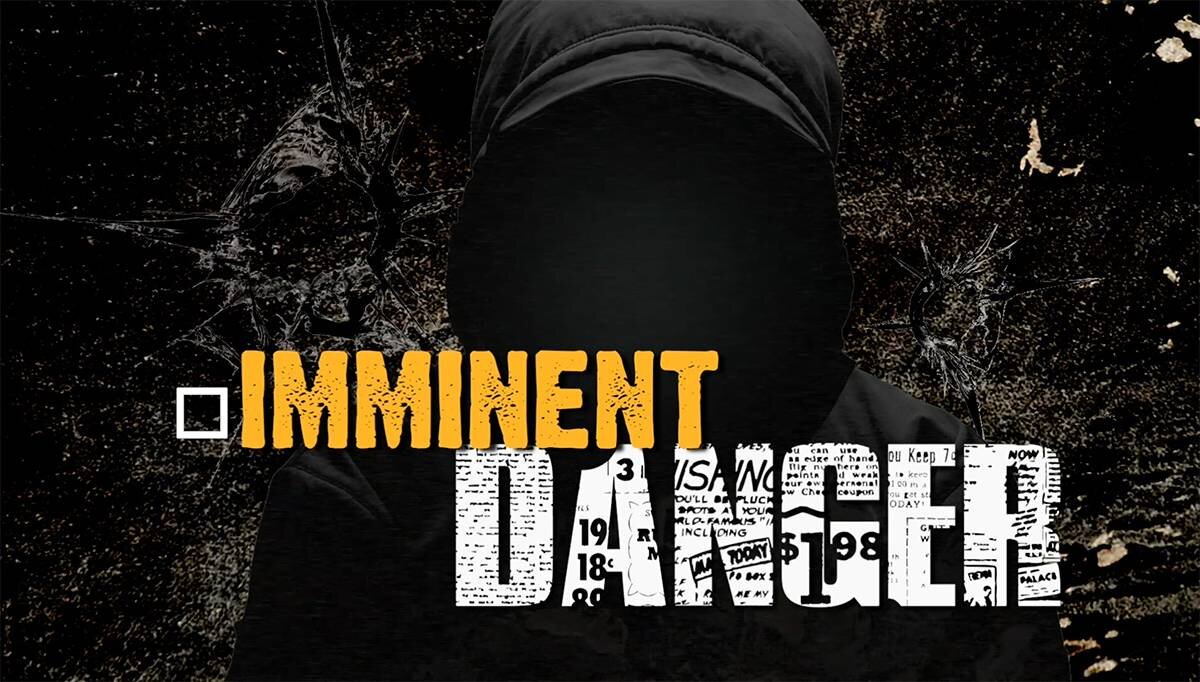Imminent Danger: An Insight Podcast Special

By Leigh Paterson
Rocky Mountain PBS
The deaths of Matthew Riehl and Deputy Zackari Parrish last New Year’s Eve are spurring a push for a so-called “red flag law” in Colorado. Matthew was an Iraq war vet who suffered from mental illness. He spiraled out of control and neither law enforcement or his family were able to help him.
Matthew Riehl interacts with Douglas County sheriff's deputies minutes before he opened fire, killing Deputy Zackari Parrish and wounding three others. (Douglas County Sheriff's Office)
After those deaths, and with the 19th anniversary of Columbine approaching and the aftermath of the Parkland school shooting still fresh and unfolding, Colorado could now be poised to adopt red flag legislation that would allow family and friends to temporarily take guns away from loved ones during a mental health crisis.
In this podcast, Matthew’s mother, Susan Riehl, and Douglas County Sheriff Tony Spurlock tell parallel stories of lacking the tools to help Matthew Riehl.
“I think I had elevated levels of concern from the time he [Matthew Riehl] left until he died... It is hard to quantify other than when you’re living on edge 100% of the time, either until that person either gets help or dies, that’s when your level of anxiety ends,” Susan Riehl said.
“There are so many levels of mental health that doesn’t make it a crime, doesn’t make people a danger. I can tell you right now, Mr. Riehl had a mental health issue but at 3am he didn’t rise to an imminent danger to himself or others,” Sheriff Tony Spurlock explained. “But in two hours, he became homicidal individual who killed one of my officers and shot four others.”
At issue is the state’s ‘imminent danger’ statute. Matthew Riehl is an example of an individual who was not an imminent threat - until he was. The imminent statute was used to issue 34,000 mental health holds in Colorado last year, but there are other high profile examples of people who weren’t an imminent threat until it was too late. Many argue that this bar is simply too high and that Colorado needs a red flag law to lower that bar.
“This is how we can fix this right now, on the mental health front," Spurlock said. "Get out of the weeds with the gun control. That’s a different conversation. This is a mental health conversation. How do we get in front of it? It’s a specific statue [imminent threat] that has tied law enforcements hands to protect citizens, not only from themselves but from someone else, too."
For more on this topic, visit rmpbs.org/insight/imminent

